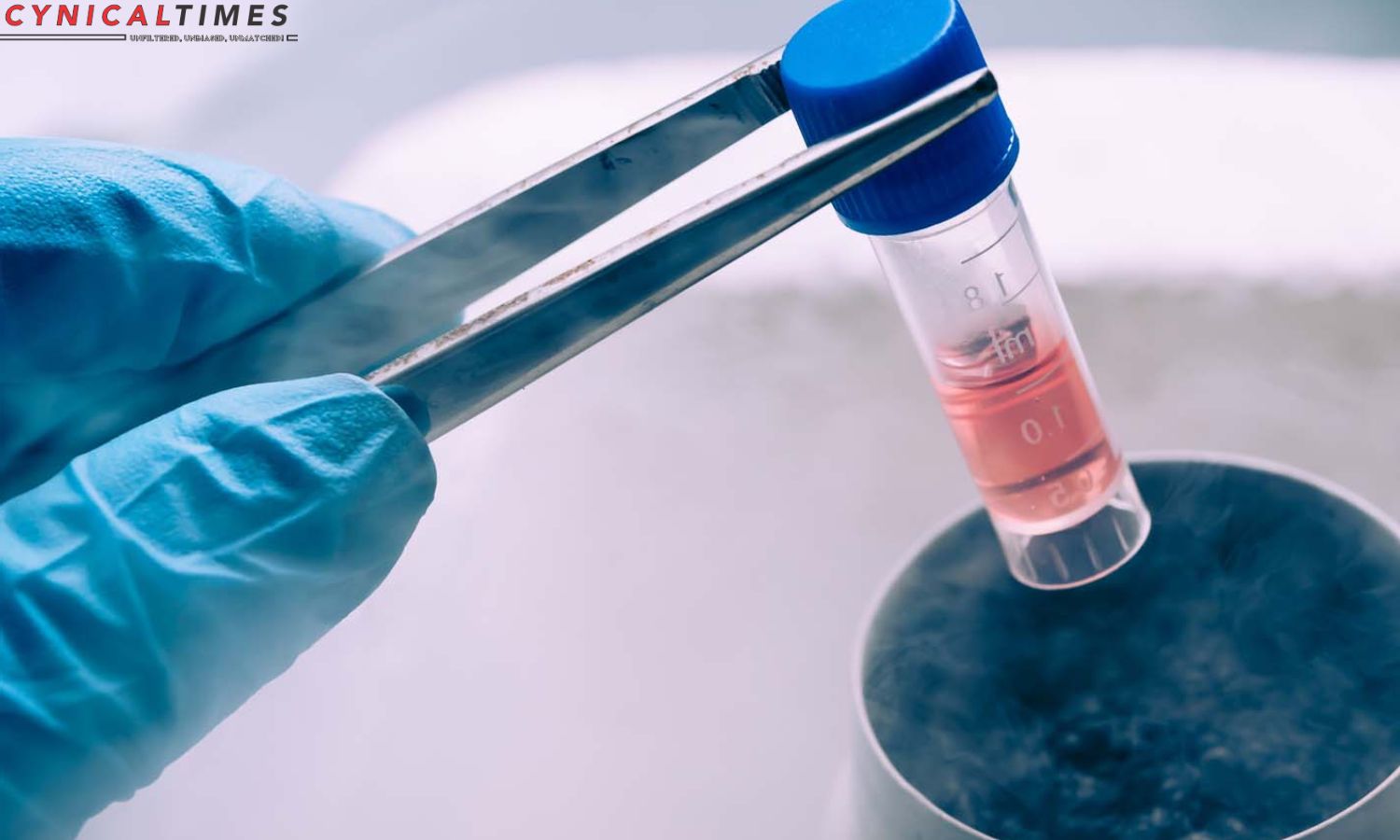FDA Genetic Opioid Risk Test: The US Food and Drug Administration has granted approval for a groundbreaking tool, the AutoGenomics AvertD test, designed to employ genetic testing in evaluating the risk of developing opioid use disorder (OUD). This test is specifically intended for adults considering short-term oral opioid pain medications, typically after planned surgical procedures. However, it can only be prescribed to individuals with no prior opioid use and who consent to the test. It is not meant for those undergoing chronic pain treatment.
The opioid crisis, a significant public health challenge in the United States, demands innovative approaches for prevention, diagnosis, and treatment of OUD. Dr. Jeff Shuren, director of the FDA’s Center for Devices and Radiological Health, emphasizes the importance of such tools in addressing the crisis. He stated, “This approval represents another step forward in the FDAs efforts to prevent new cases of OUD, support the treatment of those with the disorder, and decrease the misuse of opioid analgesics.
Despite the potential of the AvertD test, skepticism lingers among experts, who highlight certain limitations that could lead to unintended and potentially dangerous consequences. The test analyzes a cheek swab sample, examining 15 genetic markers associated with addiction and the brain’s reward pathways.


Also Read: Biden Silver Lining Seniors Rally Behind Economic Benefits
However, Dr. Andrew Saxon, a psychiatry and behavioral sciences professor at the University of Washington School of Medicine, emphasizes the complexity of genetics in determining opioid use disorder. He notes that it involves various genes contributing to the effect rather than a straightforward Mendelian inheritance.
Professor Katherine Keyes of Columbia University Mailman School of Public Health notes the difficulty of detecting these determinants across demographic groups. She thinks that genetic tests may be less reliable than questioning patients about their family history of addiction or substance use.
The FDA advisory committee, in October 2022, voted against the AvertD test in an 11-2 decision, citing concerns about its risk-benefit ratio. The FDA subsequently worked with AutoGenomics to modify the test, with the new approval requiring the company to provide training to healthcare providers on its appropriate use and conduct a large post-market performance study.
The genetic test may help acute pain sufferers make better opioid treatment decisions. Instead of making treatment decisions based on the test alone, experts advise using this information as part of a full clinical examination and risk assessment.
Approximately 6 million individuals aged 12 and older in the US had an opioid use disorder in 2022. With drug overdose deaths on the rise, opioids were involved in about three-quarters of cases. The opioid crisis has claimed over 83,000 lives from overdoses in the past year. As the AutoGenomics AvertD test enters the medical landscape, experts urge clinicians to carefully consider its safety and effectiveness in their practice.
Our Reader’s Queries
Is there a genetic predisposition to opioids?
Studies on genome-wide association have revealed that the risk of opioid addiction is influenced by multiple alleles of small effect, with odds ratios below 1.5. These studies have identified specific alleles in genes related to potassium-ion-channels (KCNC1 and KCNG2) and a protein that assists glutamate receptors (CNIH3).

